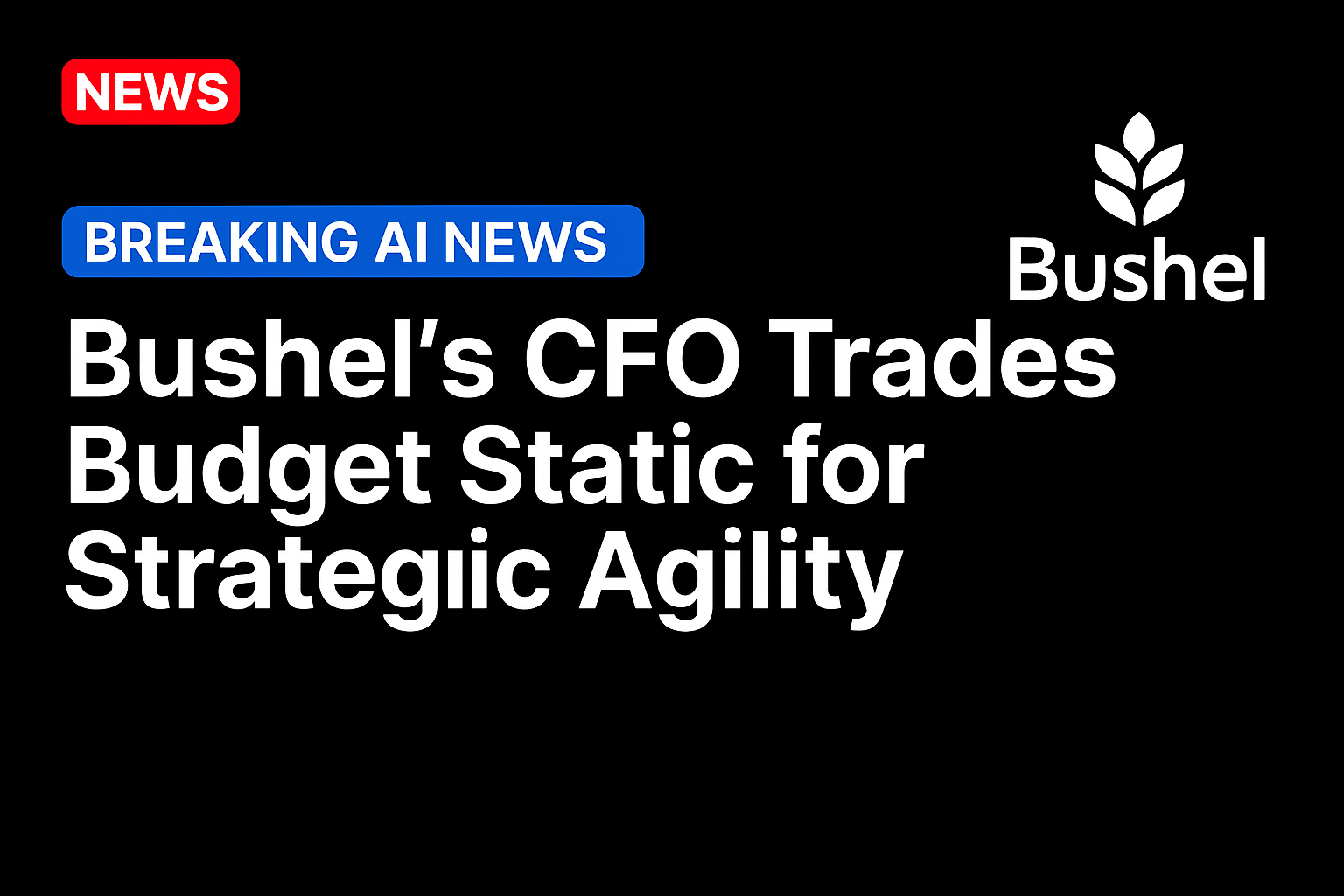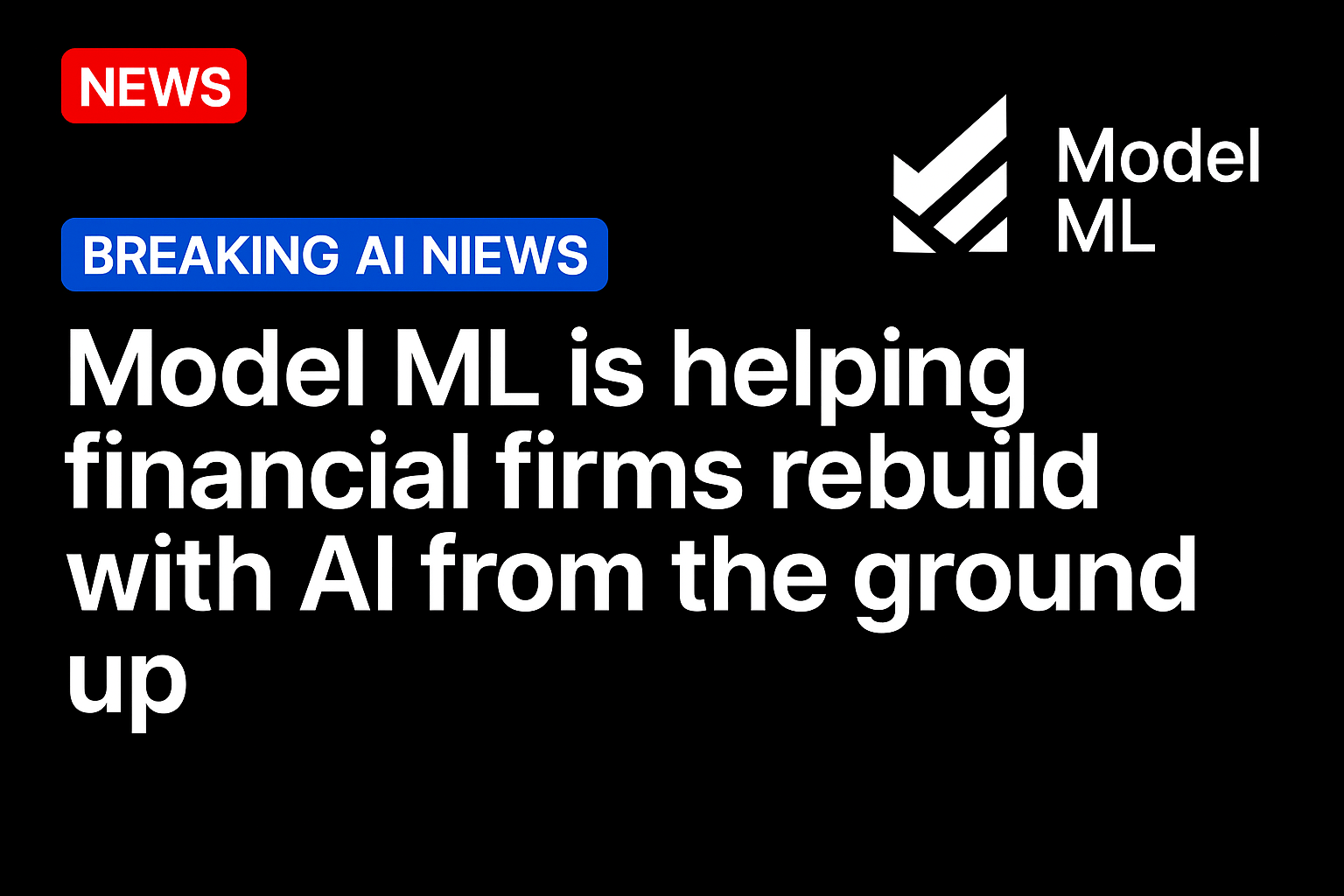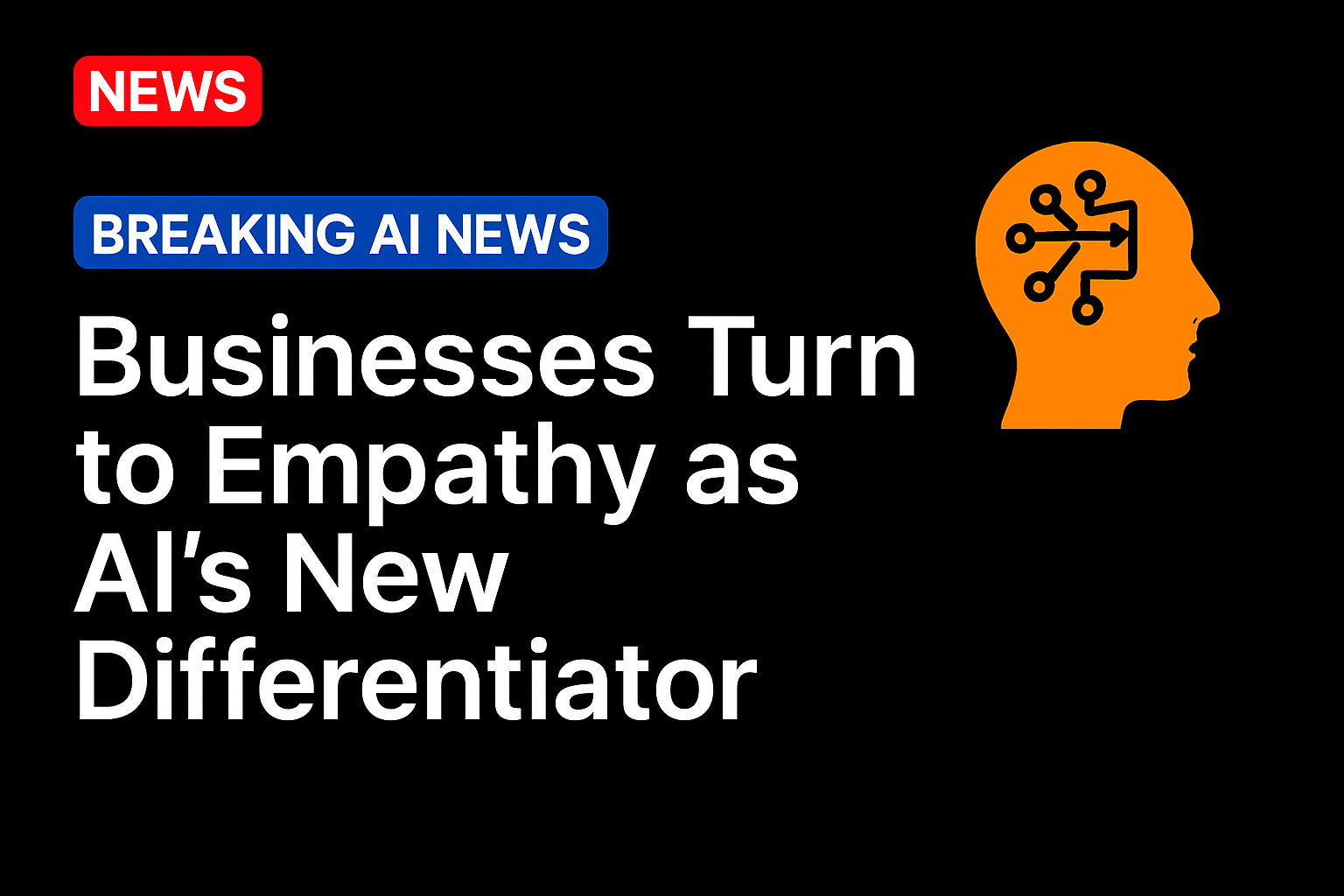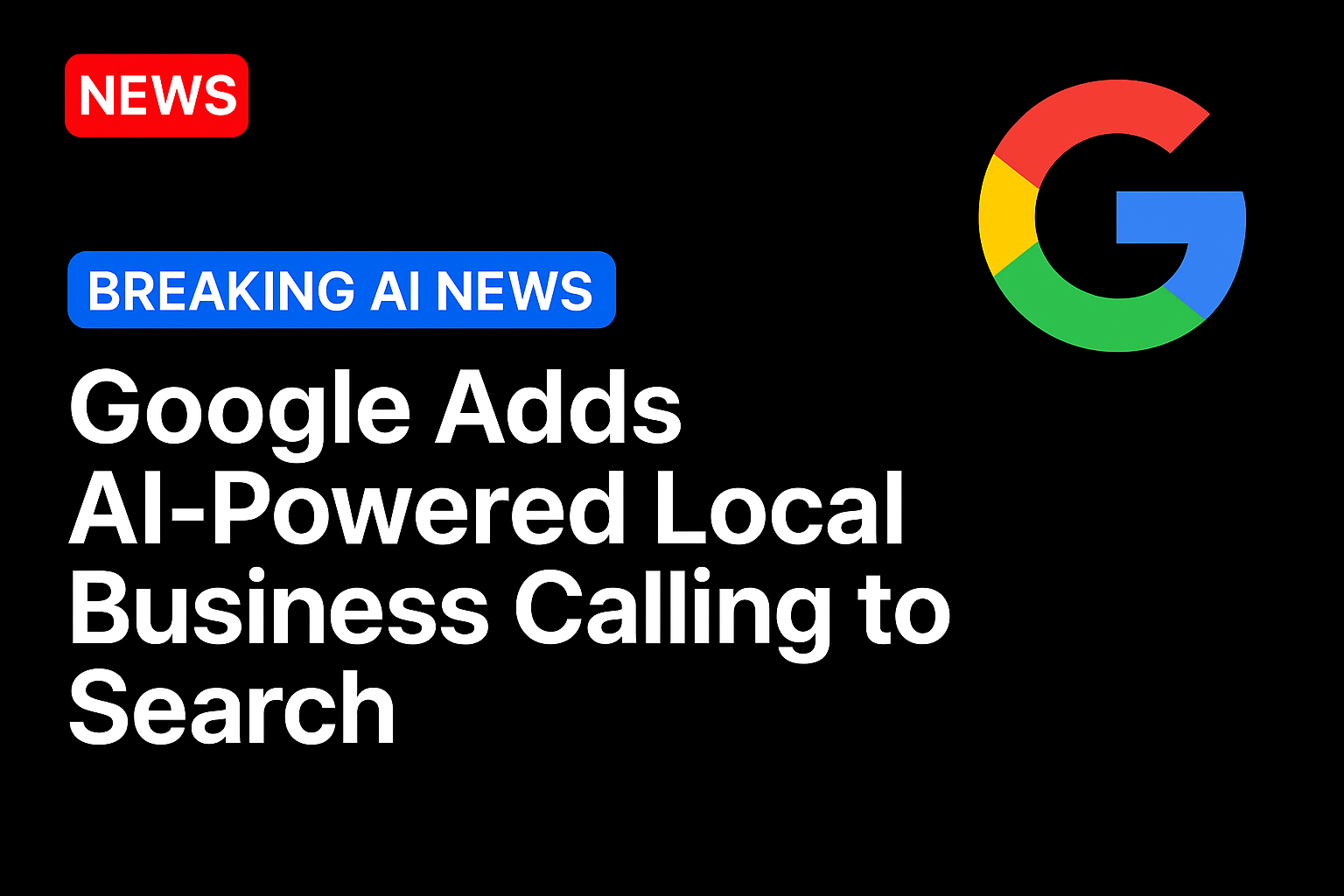The name of the game for today’s CFOs is increasingly one of resilience through intelligence.
Against a backdrop of macro uncertainty, finance teams are finding their footing in the belief that uncertainty can be managed, not feared, and that technology, prudently deployed, can turn volatility into advantage.
“At the end of the day, you’re managing the risks, but you’re also managing the vision. It’s about building that scalable, sustainable, healthy business,” Deepak Kumar, CFO at Bushel, told PYMNTS.
This shift is partly structural. In many organizations, finance now sits at the center of enterprise planning systems that link sales forecasts, production schedules, and workforce analytics. The CFO’s team acts as the connective tissue, translating cross-functional data into unified strategic insight. But it’s also philosophical: the best CFOs have learned to lead with narrative as much as with numbers.
“You’ll never save your way to prosperity,” Kumar said. Growth remains Bushel’s own north star, but he believes that growth must be disciplined, capital-efficient, and laser-focused on returns. “Prioritization of where you make your investments, whether it’s R&D or elsewhere, becomes really important.”
Advertisement: Scroll to Continue
After all, creating the financial infrastructure for continuous corporate balance can mean that agile budgeting and outcome-based metrics are replacing static annual plans for forward-thinking CFOs.
CFOs Move From Gatekeeper to Growth Partner
When asked what advice he would offer to emerging finance leaders, Kumar distilled his philosophy into a few essential tensions: risk versus reward, growth versus cost, volume versus margin.
“You want to protect your margin, you want to make sure you’re covering your variable costs,” he explained. “But at the same time, being able to drive towards a company that could be cash-flow positive … is really important.”
Beyond just the numbers, Kumar stressed scalability. “Using technology, processes, procedures that are scalable becomes really important,” he said. “So you’re not throwing bodies into the mix as you grow the business—that becomes a very expensive proposition.”
That cultural alignment — between purpose, performance, and metrics — is, in his view, the hidden infrastructure of a resilient company.
Bushel’s own platform facilitates the complex choreography of buying, selling, and settling payments across the agricultural value chain. Farmers, grain elevators, and retailers rely on its systems not only to transact but to hedge, quote, and reconcile.
And in an era of macroeconomic unease, as CFO of a company like Bushel, Kumar has a uniquely clear vantage point into how digital transformation, capital strategy, and market uncertainty collide. Rising input costs from fuel to fertilizer, for example, have forced many of Bushel’s customers to re-evaluate spending priorities.
“A lot of our customers are revisiting their budgets and where they want to make payment, where they want to invest,” Kumar noted, adding that, in principle, technology that drives operational efficiency should remain top of mind. But when liquidity tightens, even innovation competes with short-term survival.
This mirrors a deeper truth about modern business. In an era defined by velocity and uncertainty, strategy itself has become a form of risk management, and finance has become its grammar.
“Being operationally efficient, eliminating wastage and redundancies … becomes really important,” said Kumar.
The AI Imperative for the Enterprise Finance Function
Looking ahead, the trajectory of the finance function points toward even greater integration with technology and strategy, thanks in large part to advances in artificial intelligence.
For a CFO, AI represents more than automation. It represents foresight, and a step-change away from an earlier era when traditional finance functions often focus on historical reporting.
“The use of technology and AI … being able to build strategic plans that really define the vision of the company in a meaningful way, more of the forward-looking versus the traditional postmortem is what matters,” said Kumar.
“We have this thing called Buddy that we’ve introduced more recently, which I think is going to be super helpful,” he added, explaining that Buddy is Bushel’s AI-powered assistant embedded in its CRM platform, designed to guide customers through complex workflows.
But AI’s reach extends far beyond the front end.
“We’re actually actively using AI even in our R&D efforts,” Kumar said. “I’d love to use more of that in the finance side as well, especially for cash-flow forecasting, understanding patterns of behavior, restructuring contracts and agreements … The use of data and knowing ways to monetize that data is really where you survive and grow in a meaningful manner.”
Still, he is careful not to present AI as a panacea. Adoption, he noted, must be strategic and pragmatic, enhancing and not replacing human judgment.
Source: https://www.pymnts.com/




